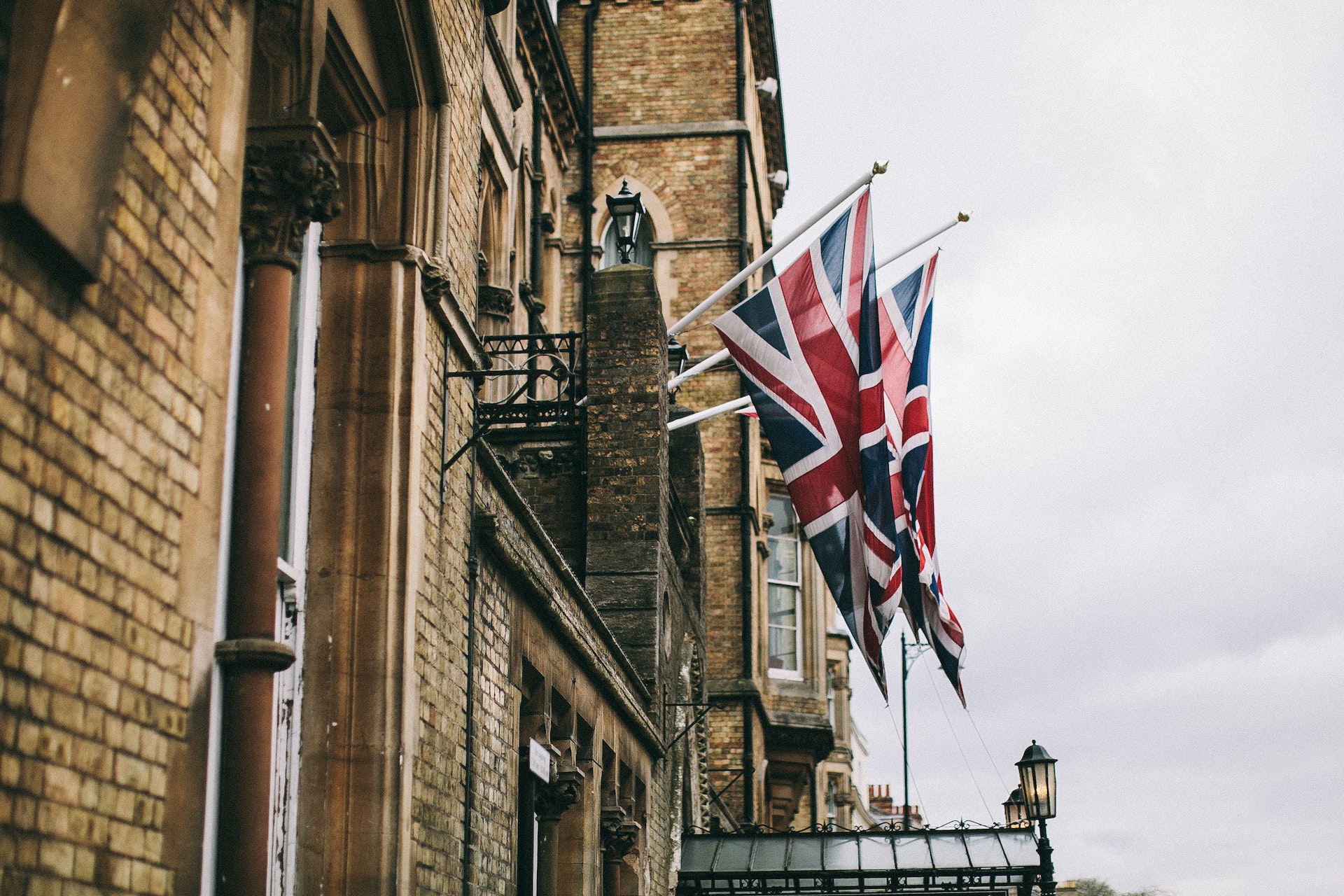INTRODUCTION
“The King can do no wrong” is the personal prerogative and is spoken about the King as a person, and no proceeding, civil or criminal, is maintainable against the Crown in person.
MEANING OF THE MAXIM
This prerogative enjoyed by the King has two distinct meanings from the point of view of English Constitutional Law.
Firstly: In the first place, the maxim means that personal immunity is given to the King, i.e. the King cannot be personally liable for any act done by line or any proceedings known to law.
Secondly: In the second place, the prerogative establishes the Ministerial responsibility or liability principle.
EXPLANATION OF THE MAXIM
The statement, “The King can do no wrong”, means that the King of England cannot be held responsible for anything done in his name. The reason is apparent. No order of the King is effective unless and until some Minister has countersigned it. The Minister who countersigns the order of the King becomes responsible for it.
CONSTITUTIONAL POSITION OF THE MAXIM
The maxim, “The King can do no wrong”, has two essential aspects.
First Aspect:
The sovereign enjoys absolute legal immunity, and the law also provides no procedure by which the ruler can be made personally responsible for any act done by him. Again, should the sovereign mistakenly or inadvertently invade the rights of a subject, it will be assumed that he did not intend to do so, and the act in question will be treated as of no effect.
Second Aspect:
No one can plead the orders of the Crown as justification for an illegal act. On this doctrine rests the legal responsibility of ministers for all administrative Acts performed by them. To make this effective, the courts will recognise no administrative action done by the Crown.
KING CAN DO NO WRONG
The phrase “the King can do no wrong” proves true today, but its meanings are changed now.
In the Early Periods, there was no constitutional system in Great Britain. It was considered that the Crown was innocent and guiltless; therefore, he could not do anything wrong.
The Present Juncture: Now, when a constitutional system has been adopted, the meaning of this phrase has changed.
Important Note
Though no civil or criminal proceedings are maintainable against the Crown in person, the reason is that in the eyes of the law, no wrong can be done by the King.
CONCLUSION
The King of England cannot be held responsible for anything done in his name. He cannot authorize any wrong so that he can do no wrong. Similarly, the prerogatives of the Crown extend not to any injury because being created for the subject’s benefit, it cannot be exercised in their prejudice.
FAQs
Discuss the importance and implications of the statement “The King can do no Wrong”.
(2016-S)
To what extent does the phrase ” The king can do no wrong” hold good today? Explain.
(2007-A)
The phrase “The King can do no wrong” is taken differently now than in the past. Explain.

